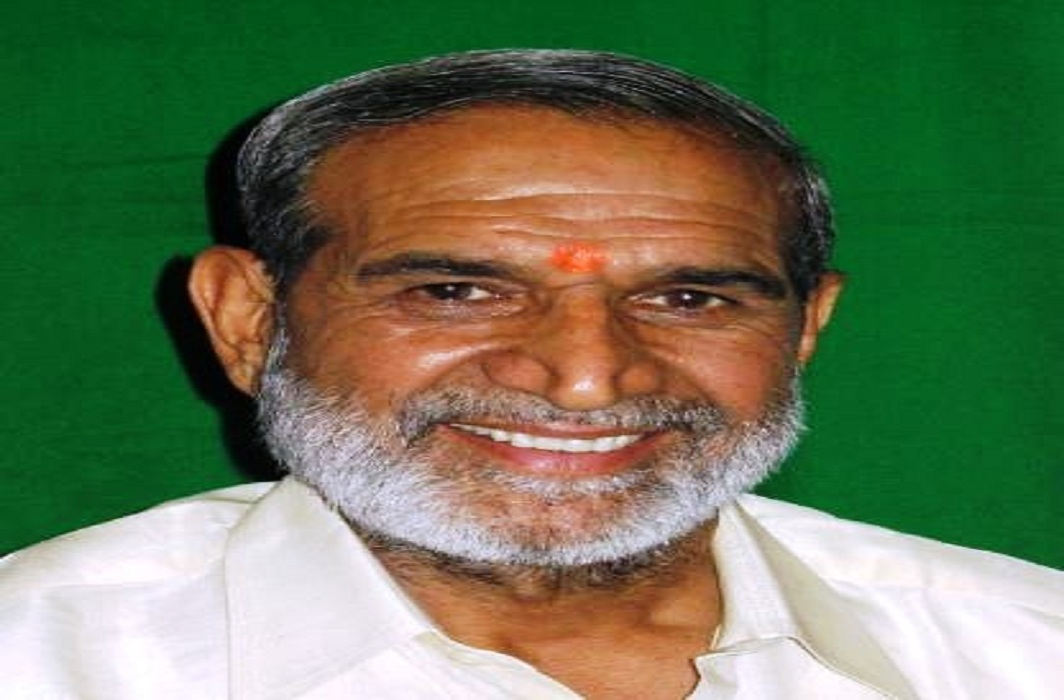The Rouse Avenue Court in Delhi has today acquitted the Congress leader and former MP Sajjan Kumar and his accomplices who were involved in the murder of three Sikh men during the 1984 anti-Sikh riot .
It is very important to note that the former Congressan has not received dismissals from many other courts.
The pronouncement of additional verdicts in the matter is scheduled for tomorrow.
The Congress stalwart was accused of killing a man and his son in Saraswati Vihar, West Delhi. The name of the victim Jaswant Singh and Tarun Deep Singh were burned alive on 1 November 1984, in Raj Nagar, by a crowd of 1,000 people.
As per the available report, the people set the two men on fire, while destroying their property and severely wounding the family members and relatives of the deceased on the incitement and abetment of Sajjan Kumar.
Sajjan Kumar is one of the many senior Congress politicians along with Jagdish Tytler and the former Madhya Pradesh chief minister Kamal Nath who are accused of taking an active part in the anti-Sikh carnage.
The carnage that took place in 1984 after the assassination of former Prime Minister Indira Gandhi.
The Karkardooma had discharged the former leader for the violation of IPC section 302 and 325, which deal with the punishment for murder and serious bodily harm, respectively.
The acquittal of the former minister in April 2013 by the Karkardooma District Court sparked huge demonstrations.
The Central Bureau of Investigation had filed an appeal against his prior acquittal in the Delhi High Court in August of the same year but the court granted him a life sentence on 17 December 2018.
The court imposed chargeunder sections 147 (Punishment for rioting), 148 (Rioting, armed with deadly weapon), 149 (offence is committed by any member of unlawful assembly in prosecution of the common object of that assembly), 153 (promoting enmity between different groups), 295 (Injuring or defiling place of worship, with intent to insult the religion of any class), 307 (attempt of murder), 308 (Attempt to commit culpable homicide), 323 (deals with punishment for voluntarily causing hurt), 395 (Punishment for Decoity) and 426 (Punishment for mischief) etc. of the Indian Penal Code on the leader


